/prod01/university-of-lincoln-cdn-pxl/media/responsive2017/Banner,image,for,CPD.jpg )
Postgraduate Training and CPD
Continuing Your Professional Development in Health Professions
The University of Lincoln offers a wide a variety of health related taught courses which range from 15 credit single modules, 60, and 120 credit post graduate certificates and diplomas, and full Master's degrees. Study can be undertaken either part time or full time, with a number of delivery methods, including fully on site, fully distance learning, or a blended approach. Our exciting CPD offers are designed for health, allied health, and social care professionals who are looking to increase or update their knowledge and skills in specific areas or develop broader skill sets in new areas.
Undergraduate Courses
Our undergraduate CPD offer is professionally orientated and intended as a 'top-up' for registered healthcare professionals from a range of backgrounds including nurses, paramedics, physiotherapists, occupational therapists, and radiographers.
BSc (Hons) Professional Practice
This is a professionally-orientated programme of study which has been developed as a ‘top-up’ option following discussions with partners which identified a need for courses which are responsive to both national and local policy that aims to meet the educational needs of the local health professional population.
Postgraduate Courses
Our postgraduate CPD offer is professionally orientated and intended to enable students to progress towards their career goals and develop practice specialisms. These courses are delivered by experienced professionals who have worked in the healthcare industry.
PG Cert Adult Critical Care
This course is designed to build on existing knowledge, skills, and abilities to help students improve the quality of care delivered to patients. We aim to create graduates who can critically analyse data, utilise problem-solving skills in care settings, and confidently articulate opinions.
PG Cert Safeguarding: Leading Safer Organisations
The Postgraduate Certificate aims to help leaders develop and implement the skills needed to introduce safe practices and cultures that seek to protect those who are at risk, as well as equip businesses with the processes to protect against allegations, should they occur.
PG Cert Pre-hospital Critical Care
This programme is designed for those seeking to bolster their academic understanding of this developing area of practice. It focuses on taking existing knowledge, skills, and abilities in prehospital care and improve awareness of the interventions, procedures, circumstances, and systems involved in prehospital critical care.
MSc Advanced Clinical Practice
The MSc Advanced Clinical Practice offers registered practitioners a flexible, bespoke, and student-centred programme of study that aims to meet their personal and professional development needs as they progress within their role towards advanced expert practice.
MSc Advanced Clinical Practice (Apprenticeship)
The MSc Advanced Clinical Practice (Apprenticeship) offers registered practitioners a flexible, bespoke, and student-centred programme of study that aims to meet their personal and professional development needs as they progress within their role towards advanced expert practice.
MSc Contemporary Physiotherapy Practice
Physiotherapy is a scientific and evidence-based health profession that takes a ‘whole person’ approach to improving and maintaining wellbeing. Physiotherapists help people affected by injury, illness, or disability, using a range of interventions such as advice, education, exercise, manual therapy, and electrophysical agents.
MSc Integrated Professional Practice
The programme has been designed to provide opportunities for both early career and experienced workers within the health and care sector to explore the complexities of working in contemporary practice in depth. Students will be offered support to extend and enhance their professional knowledge and skills, with a range of modules appealing to those working across the range of providers.
MSc Safeguarding: Leading Safer Organisations
This Master's programme is designed to aid leaders develop and implement skills needed to introduce safe practice and a culture that protects those who are at risk, as well as equip businesses with the processes to protect against allegations, should they occur.
Short Courses
Our short courses are designed to give professionals the opportunity to build their skillsets and competencies in specific areas of interest within healthcare.


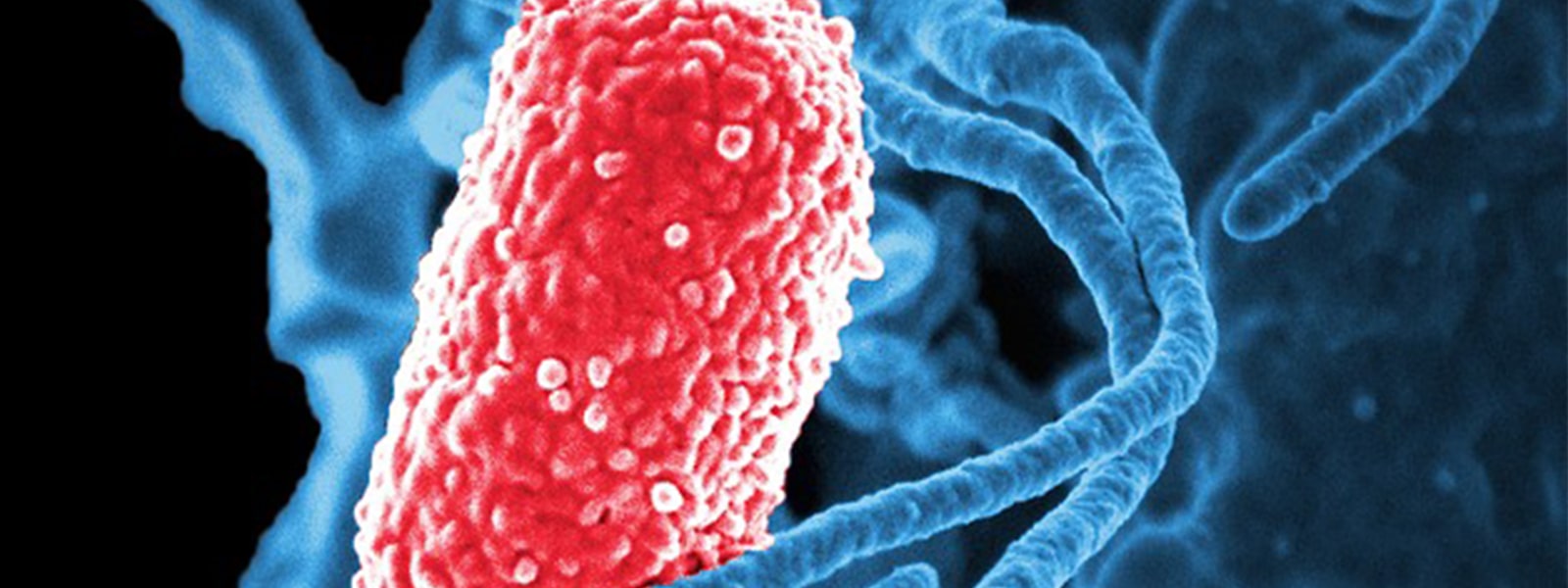
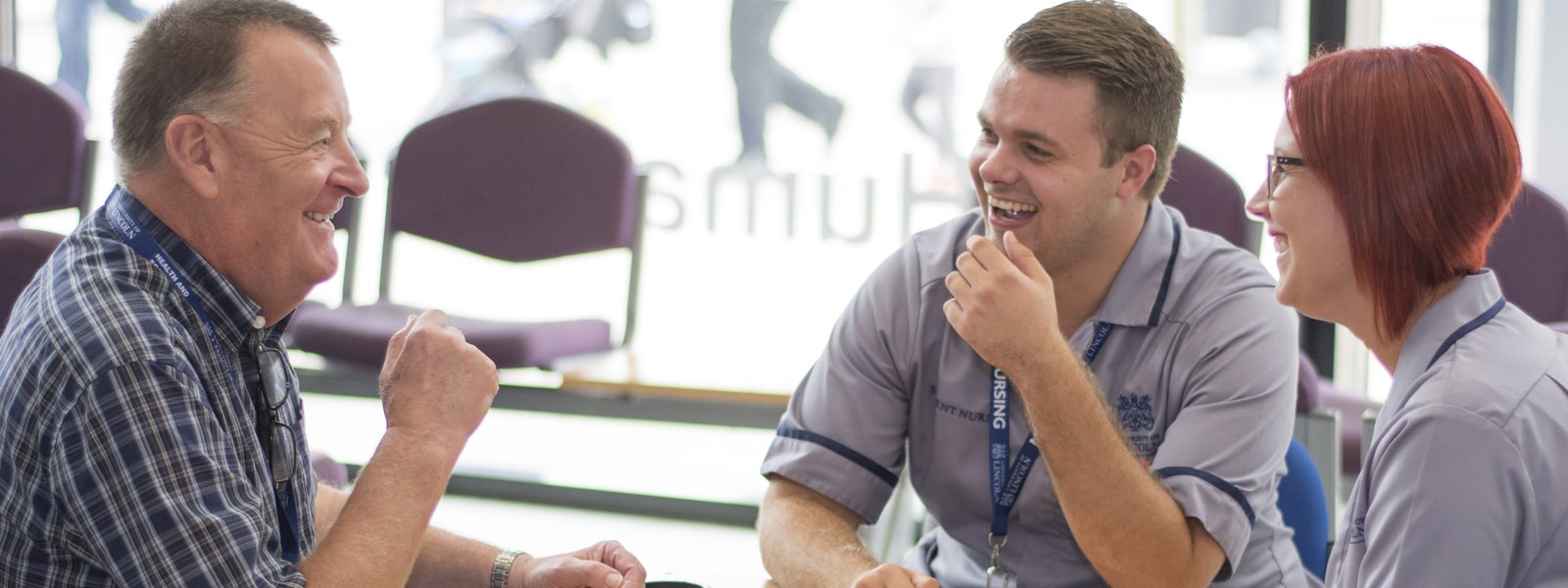

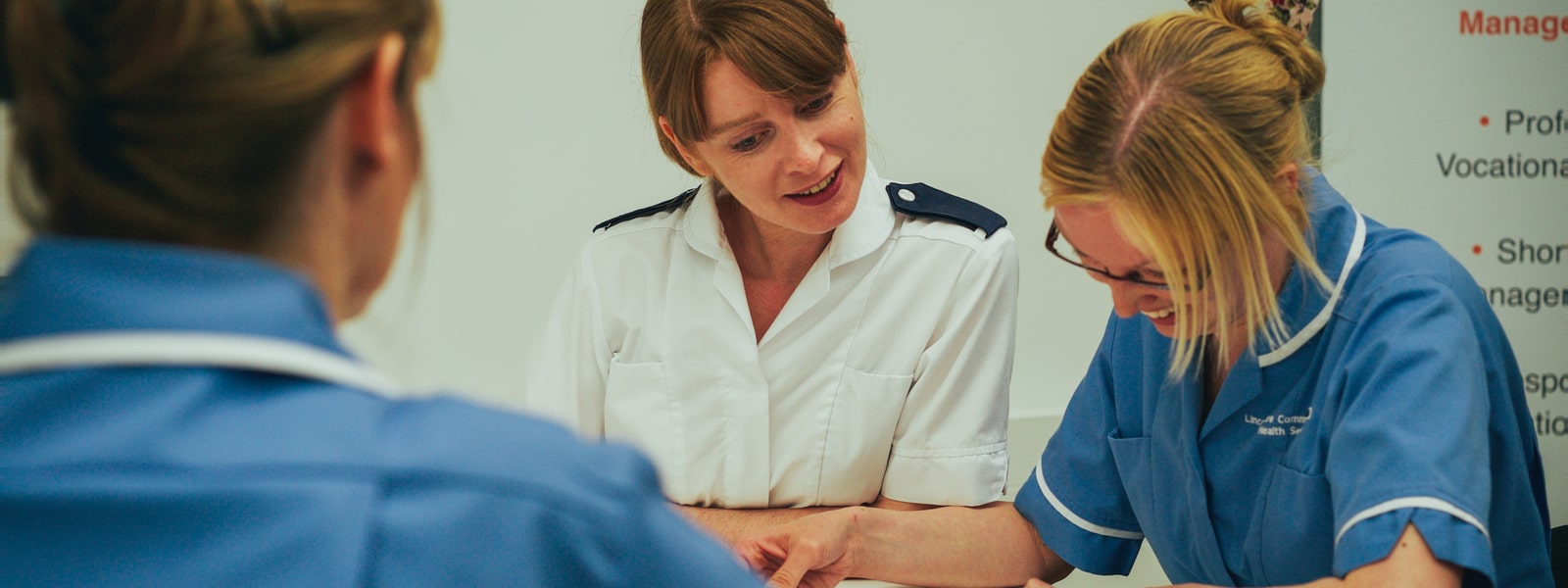

.jpg)
.jpg)



.jpg)
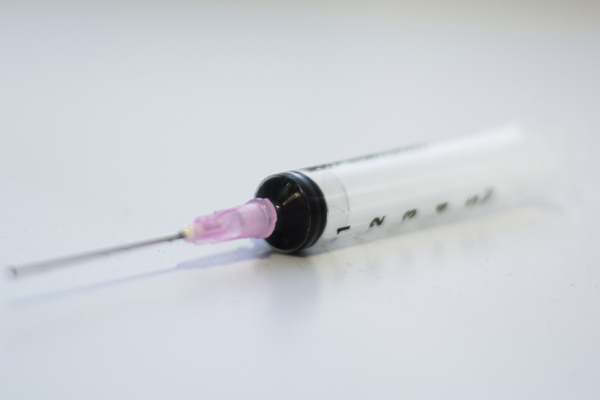

.jpg)
.jpg)
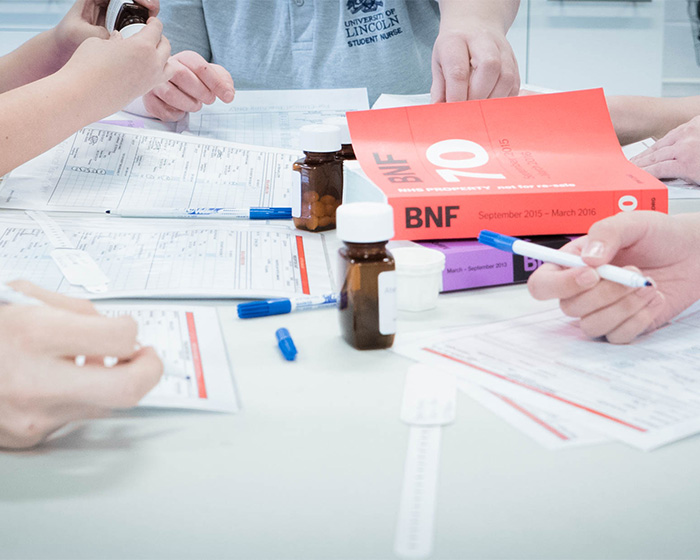
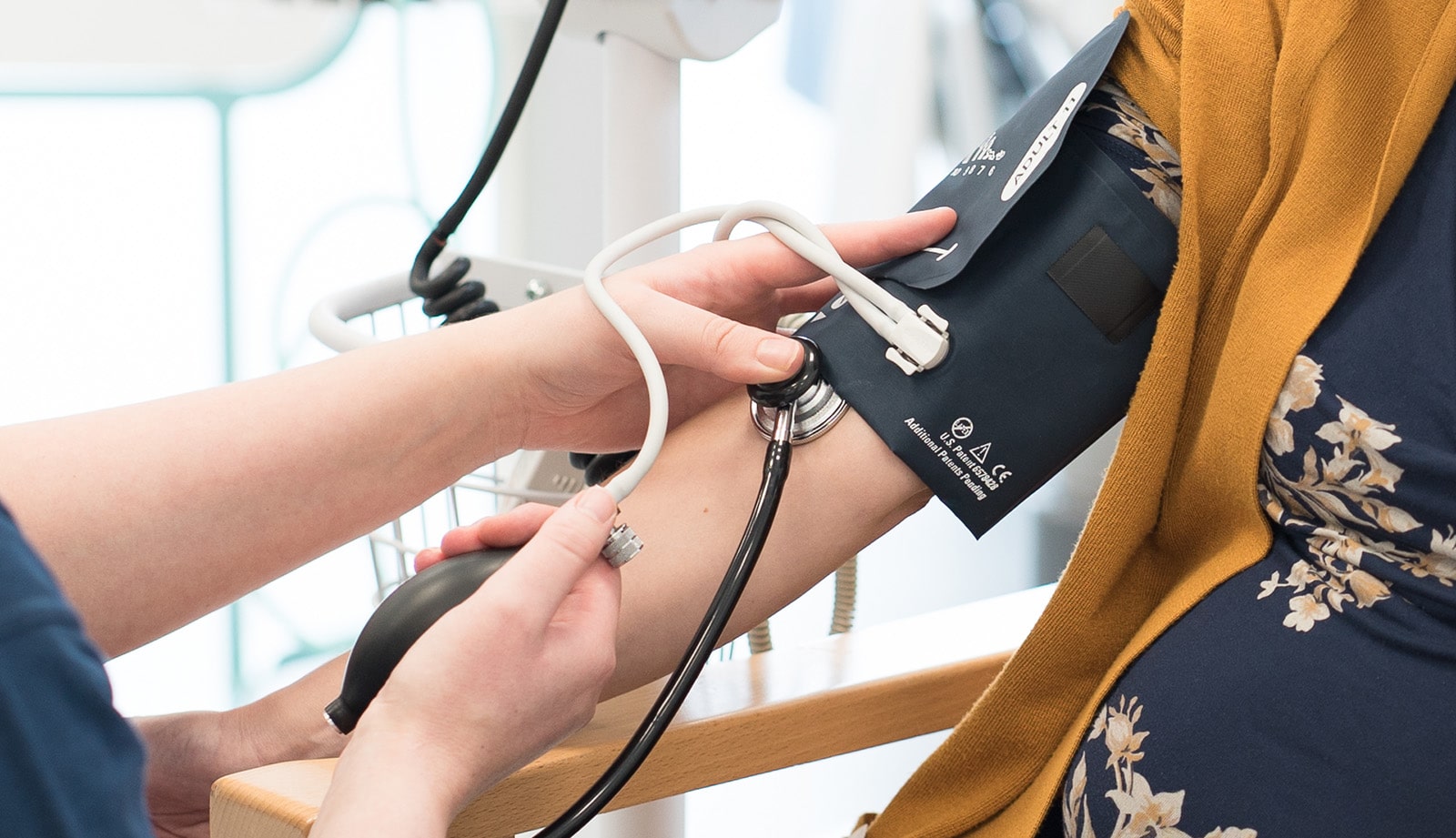

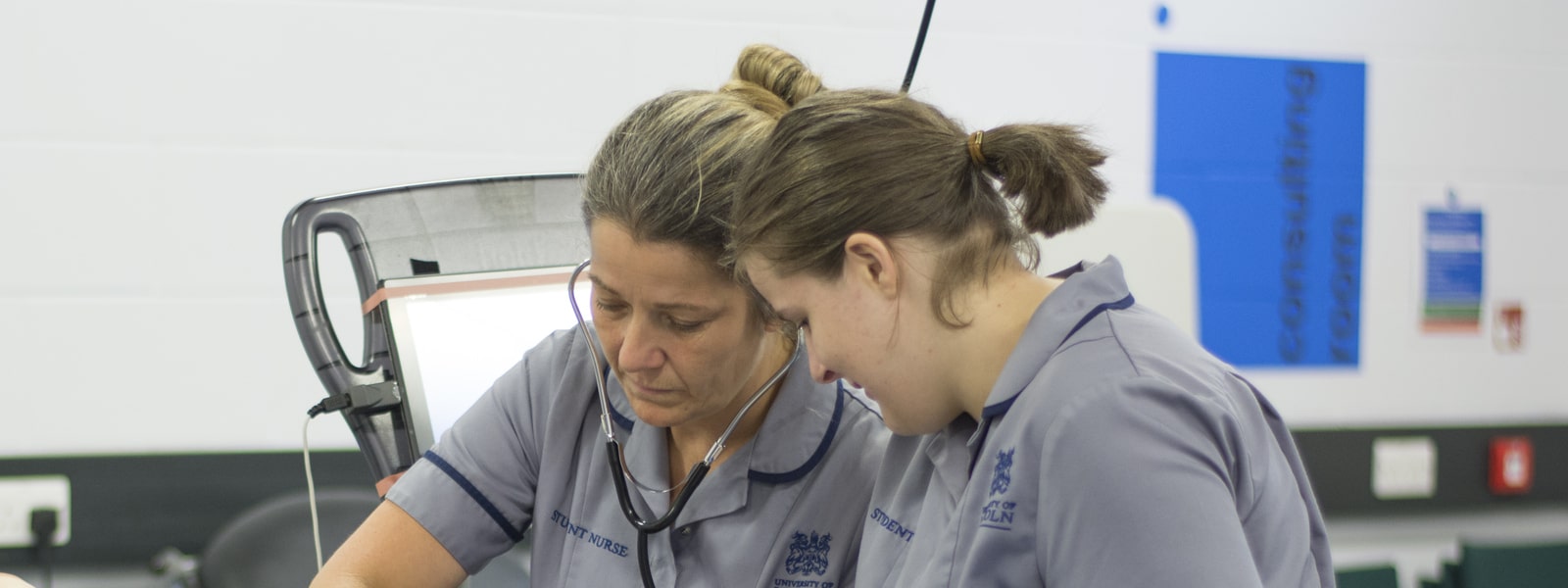
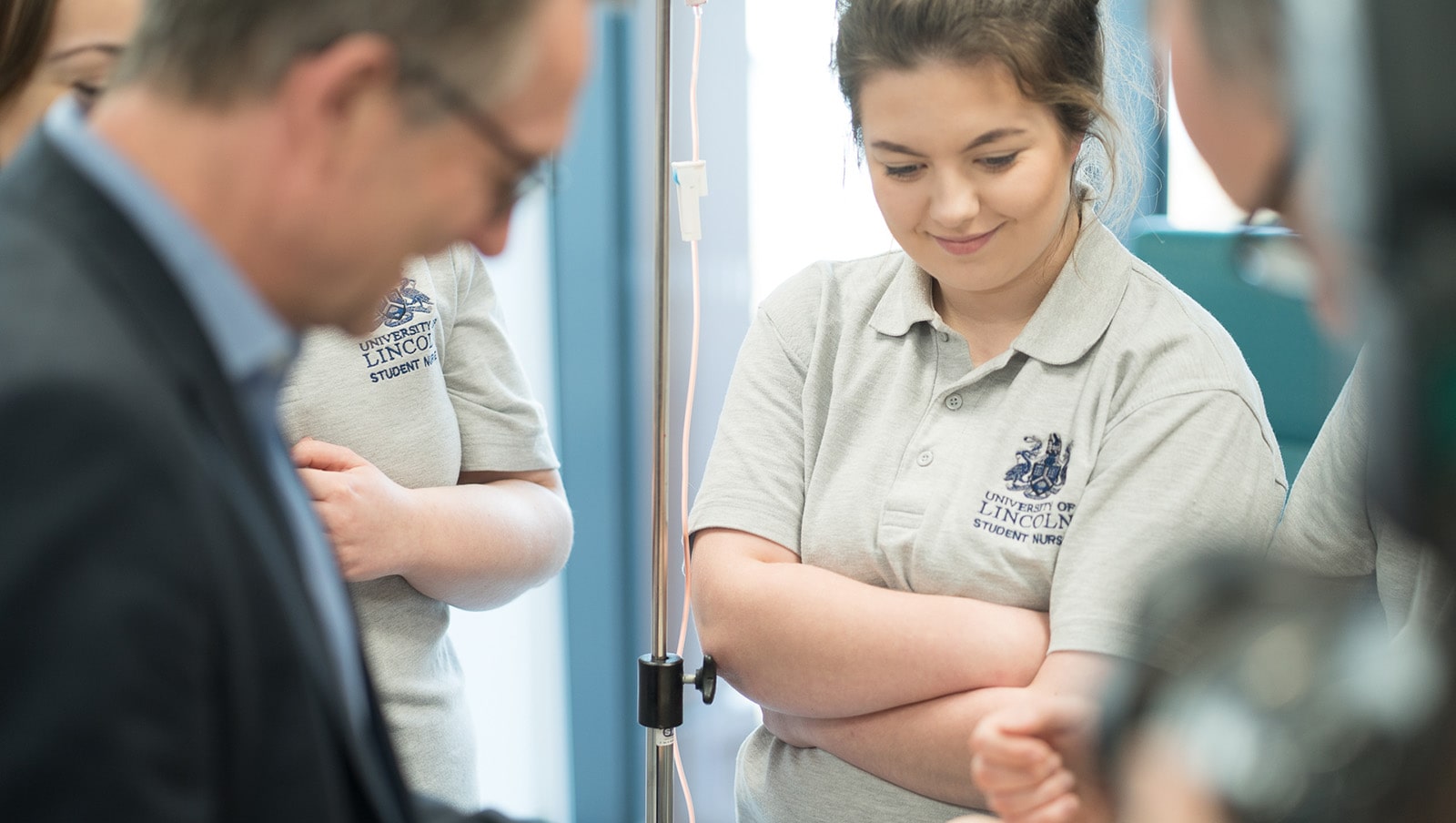
.JPG)